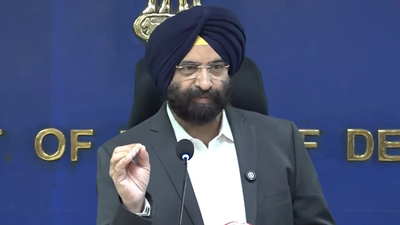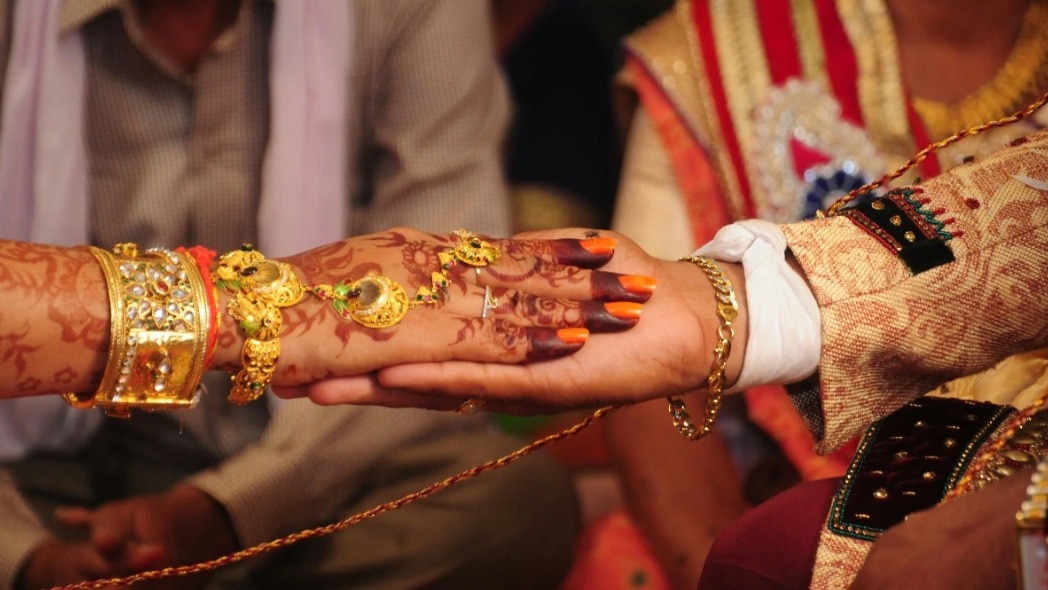ARTICLE AD BOX

Delhi Environment Minister Manjinder Singh Sirsa
NEW DELHI: Delhi Minister Manjinder Singh Sirsa on Tuesday accused the Aam Aadmi Party (AAP) of deliberately targeting Diwali and Hindu traditions. He claimed the party banned firecrackers to appease a particular community and is now criticizing the festival. Sirsa specifically called out AAP leaders, including Sanjay Singh, for social media posts discouraging Diwali celebrations. “They (AAP) are deliberately bringing Diwali, Sanatana Dharma, and Hinduism into the picture... Arvind Kejriwal first deliberately banned firecrackers in Delhi to garner the votes of a particular community, to appease them. Since this morning, Arvind Kejriwal's entire team has been constantly cursing Diwali,” Sirsa said.
He added, “Sanjay Singh and his colleagues have been tweeting since last night, asking to stop celebrating Diwali. Aam Aadmi Party president is cursing the BJP. Diwali isn't the BJP's festival. The BJP president and the BJP Chief Minister are being cursed. This isn't the BJP's festival. It's a Sanatan Hindu festival, and why are you cursing the festival? Why are you using words against the festival? But to say that BJP is celebrating Diwali, to say that BJP is bursting crackers like this, to say that BJP is doing such wrong things, I feel very embarrassed.”
Meanwhile, Delhi residents woke up under a heavy grey haze, with darkened skies, reduced visibility, and air quality plunging into the 'red zone' after many residents exceeded the Supreme Court’s two-hour limit for Diwali firecrackers. According to the Central Pollution Control Board (CPCB), Delhi’s Air Quality Index (AQI) reached 359, categorised as ‘very poor’, at 11 am. Earlier readings were 352 at 8 am, 346 at 5 am, 347 at 6 am, and 351 at 7 am.
For context, an AQI of 0–50 is ‘good’, 51–100 ‘satisfactory’, 101–200 ‘moderate’, 201–300 ‘poor’, 301–400 ‘very poor’, and 401–500 ‘severe’. Out of 38 monitoring stations across the city, 35 recorded air quality in the ‘red zone’, ranging from ‘very poor’ to ‘severe’. Of these, 31 stations fell in the ‘very poor’ category, while four reached ‘severe’, according to the CPCB’s SAMEER app, which provides real-time AQI updates.(With Agency Inputs)

 2 hours ago
3
2 hours ago
3









 English (US) ·
English (US) ·